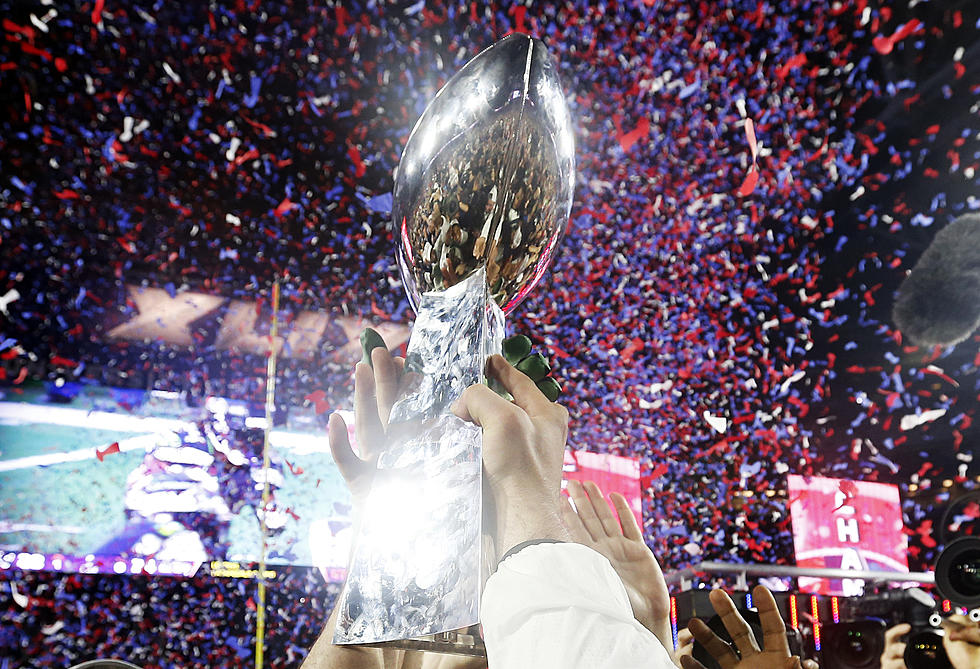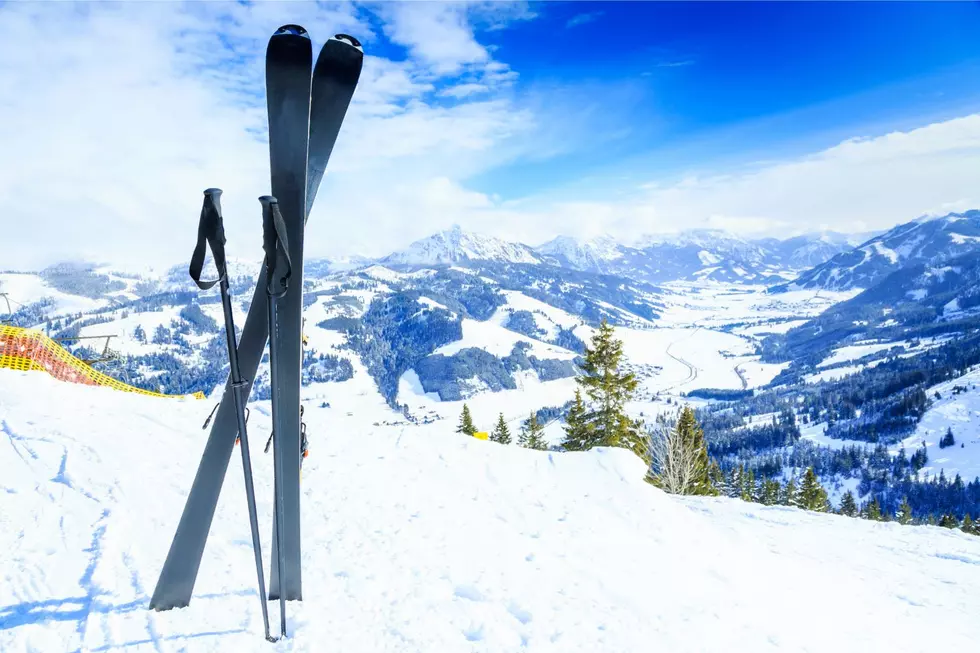
This Is Why New York Will Never Host the Super Bowl
Despite having numerous football teams, the NFL won't let the Empire State host the Big Game. Here's why.

It's Complicated...
The 2024 Super Bowl (or Super Bowl LVIII, if you're fancy) kicks off Sunday, February 11, at Las Vegas' Allegiant Stadium st 6:30 p.m. ET. The game is a rematch between the Kansas City Chiefs and the San Francisco 49ers, who battled it out during Super Bowl LIV in 2020.
The Chiefs won, 31 to 20.
The Big Game is a big draw for the host city, which reliably rakes in a healthy amount of tourist and sports fans' money. For the upcoming Super Bowl, ticket prices for a single seat ranges between $5,000 to a whopping $45,000. This doesn't include hotel, airfare, food, and recreational spending.
New York would absolutely want to take advantage to the big bucks that come with hosting a Super Bowl game, but the chances of that ever happening are slim to none.
The only time New York technically hosted a Super Bowl was in 2014, where the Seattle Seahawks and the Denver Broncos played at MetLife Stadium in East Rutherford, New Jersey.
The reason why this happened is interesting. Following the 9/11 terrorist attacks, the local business community began campaigning for the area to host a future Super Bowl to symbolically demonstrate economic recovery.
The hope was that if the bid was successful, New York would be inspired to either build a new stadium or overhaul Giants Stadium, which would also boost the city's chances of hosting the 2012 Summer Olympics.
Read More: New York Home to 2 of the World's Most Overrated Tourist Traps
New York threw its hat in the ring in 2005 to host Super Bowl XLIV in 2010 and it apparently took the NFL a lot of convincing. The organization had been skeptical of setting the game in a cold-weather climate and lack of an appropriate host venue, but it ultimately ruled in New York's favor after plans were approved to build a new stadium in Manhattan by 2008.
The stadium was to be called West Side Stadium and the NFL was won over because the venue was designed to have a roof. The NFL was adamant that an outdoor Super Bowl could never be played in a cold weather climate. The organization has a rule that areas with temperatures below 50 degrees around the time of the Big Game can't host the match without a domed venue.
Unfortunately for New York, the state government nixed the $400 million needed to build the roofed stadium in August 2005, and the NFL instantly revoked the city's hosting rights.
Although the area lost its ability to host the 2010 Big Game, MetLife Stadium was chosen to host Super Bowl XLVIII on February 2, 2014.
NJ.com reports how New York and New Jersey managed to win over the NFL was by presenting a video of historic cold-weather games, including the 2001 divisional playoffs in Foxborough, MA, where Adam Vinatieri made history with his "forever field goal" for the New England Patriots. The game had since been dubbed "The Snow Bowl."
The NFL was convinced and made an exception to its 50-degree rule, especially since MetLife Stadium is an open-air facility.
Unfortunately, the game saw the Seattle Seahawks blow out the Denver Broncos, 43 to 8. Because of that, the game has been panned for being the worst and most disappointing Super Bowls in history.
And that may be why the NFL won't make an exception to the cold-weather rule ever again.
The Future of a Super Bowl in New York
The NFL chooses Super Bowl host cities that historically have temperatures above 50 degrees in January and February. That's why places like Pasadena, Miami and New Orleans typically host the Big Game.
In addition to the weather, venues must be able to accommodate the number of travelers coming to see the match. In addition to stadiums being able to seat thousands of fans, the surrounding area must have enough hotels and other accommodations to comfortably host the surge of visitors.
Read More: Original Woodstock '69 Grounds Adding Upscale New York Campsite
Although MetLife Stadium in New Jersey or Highmark Stadium in Buffalo technically satisfy the spacing requirements, the fact is that they don't have domes to keep out the cold weather.
The same goes for Gillette Stadium in Massachusetts, which has enough space but doesn't have a roof.
Until New York decides to invest in winter-proofing their stadiums, the state won't ever host another Super Bowl.
Bills Fans Dig Out Highmark Stadium In Western New York
Gallery Credit: Getty Images
Study: These are the Nine Worst Cities in New York for Football Fans
Gallery Credit: Dan Bahl
Bills Mafia! Check Out What Your New Buffalo Bills Stadium Will Look Like
Gallery Credit: Buffalo Bills-Populous
Upstate NY Fans Rip Apart Photos of New Buffalo Football Stadium
Gallery Credit: Dan Bahl
More From WIBX 950









